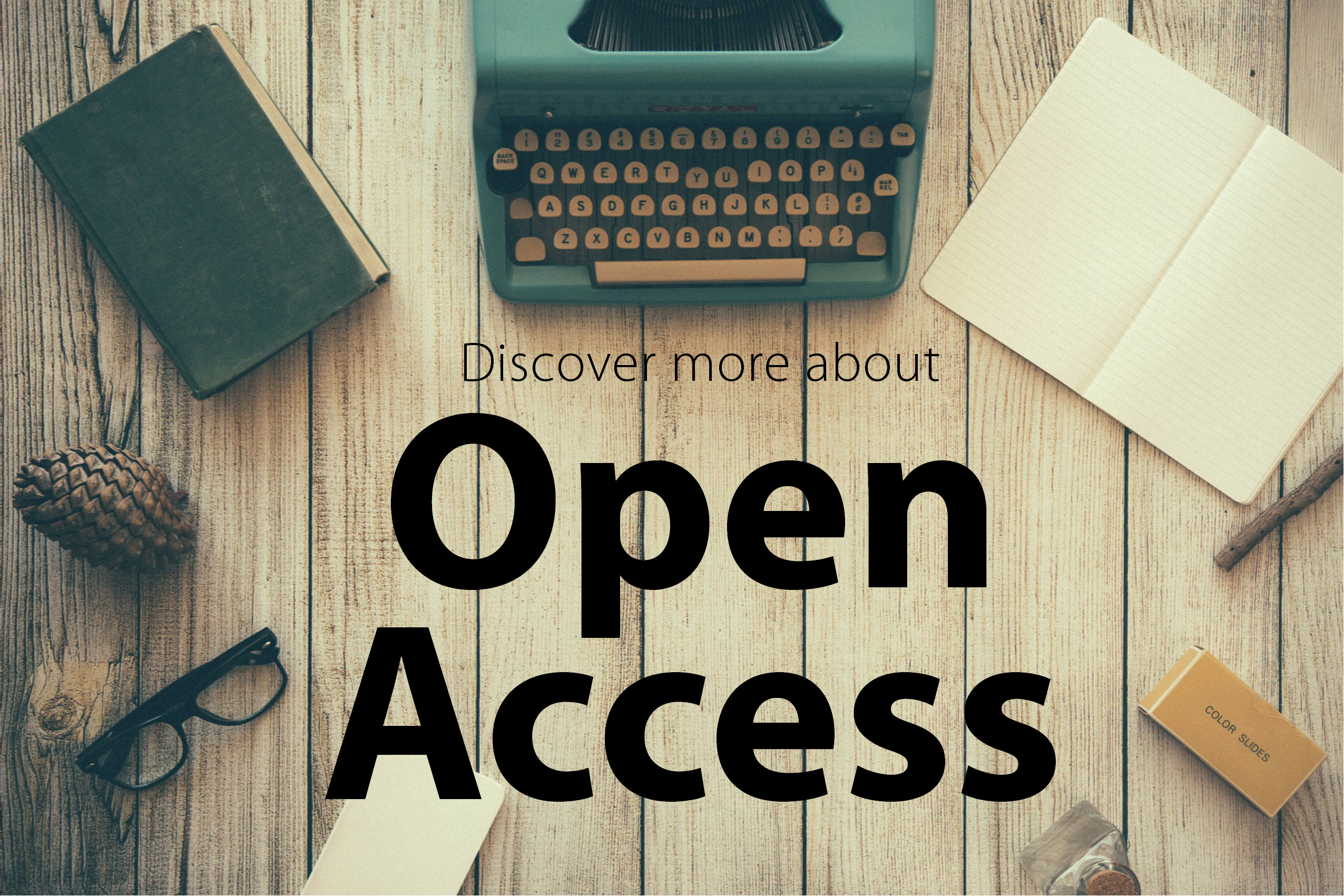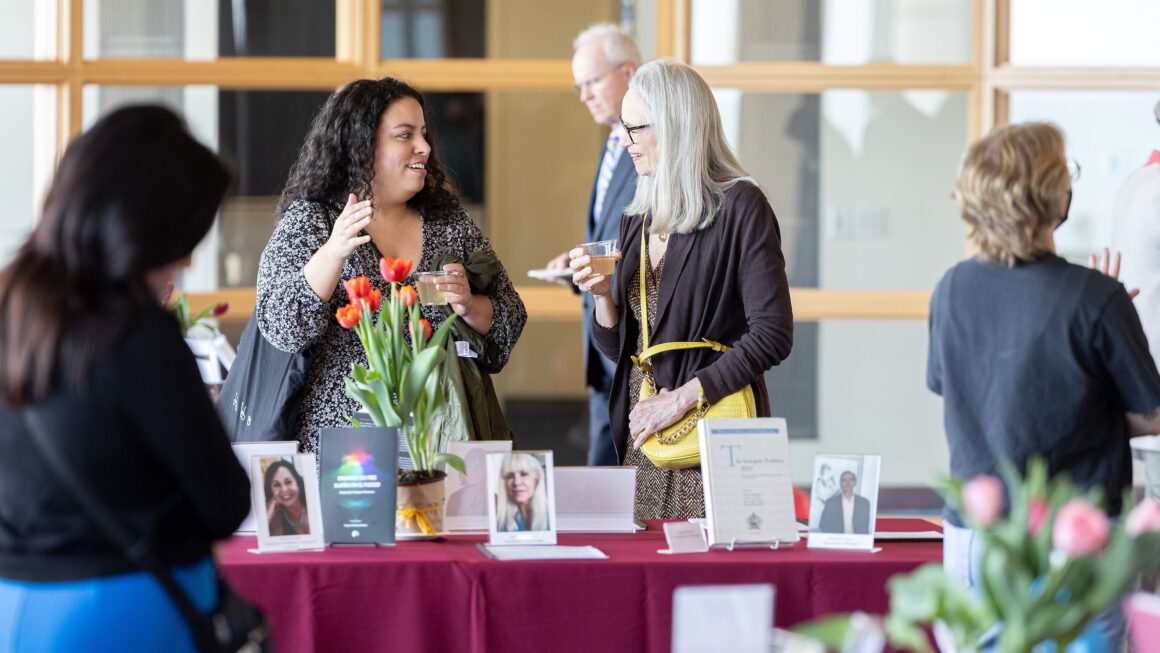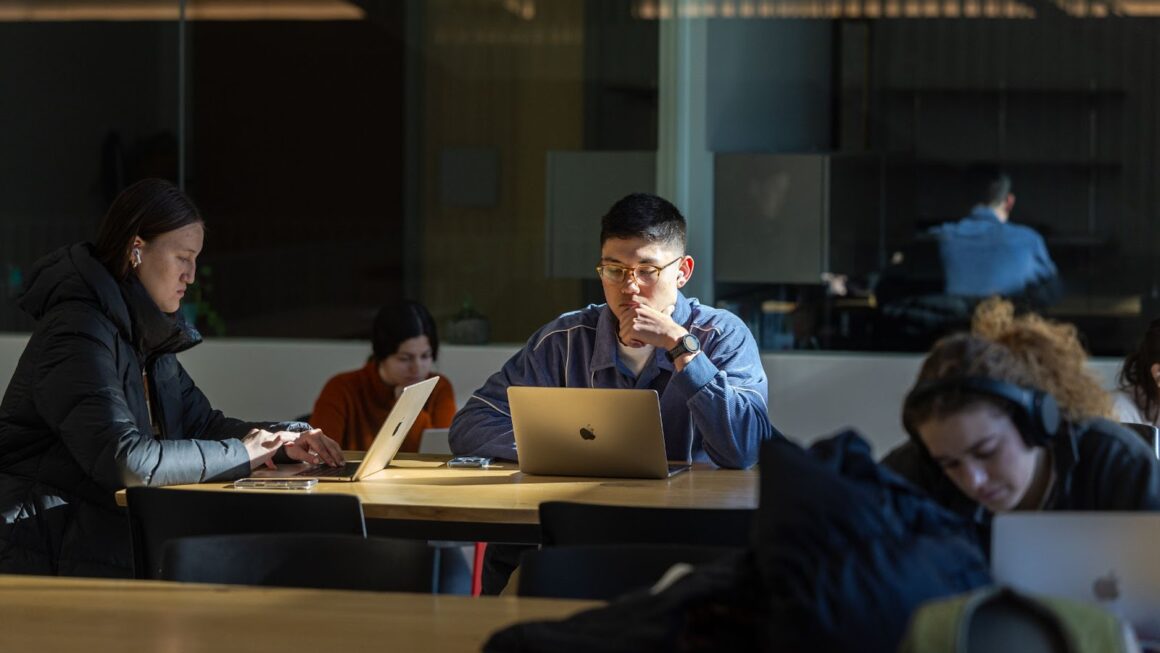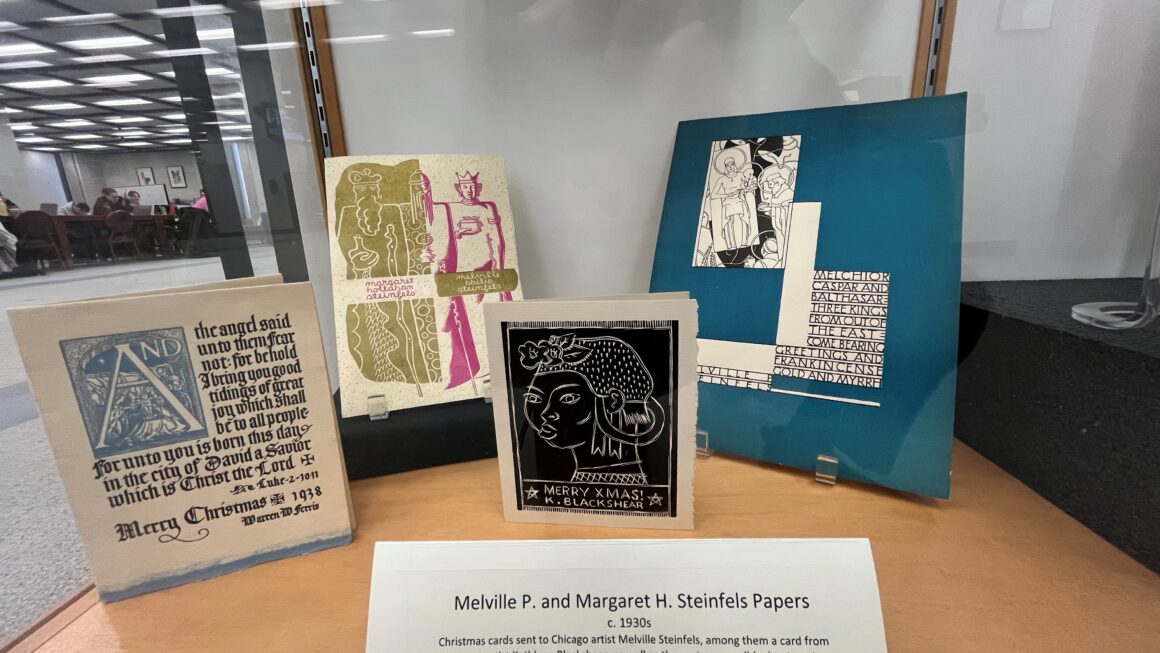We are lucky at Loyola University Chicago to have fantastic library collections and great options for interlibrary loan, but we don’t have access to everything, and these services are mostly for current faculty, staff, and students. What do you do if you can’t get an article through the library? Academic articles are costly to read if you are paying for them yourself, so open access versions of those articles can be a lifesaver.
That said, finding open access versions of articles isn’t always straightforward, and the sources for articles that are convenient aren’t usually legal. (See this article on Sci-Hub, one popular source for pirated scholarly articles). Sites such as Academia.edu or ResearchGate are for-profit ventures that have been targeted by take-down notices from major publishers recently to remove articles posted in violation of copyright law. Hopefully that means all those articles will move to legal venues for posting (publishers often allow non-profit repositories, like Loyola’s eCommons, to host articles that for-profits can’t), but that may not happen for all. Navigating this world is clearly tricky, but here are a few tools that can help.
Browser Extensions and Search Engines
This is a service that first searches for open access content, and if it doesn’t find it, issues a request to the author to make their work open access. Requests are made openly available, and use crowdsourcing to fix missing metadata or show support for a request. You can install it as a browser extension, or search directly from their website.
This is a browser extension for Chrome and Firefox that searches the DOI of articles (the unique identifier many articles have), and shows a small icon at the edge of your browser window turns green to indicate if the article is available open access. If it is, you can click on the icon and go straight to the article.
These tools may not always work out correctly, but you can try searching open access databases directly. We have links to a few here, and can point you in the direction of disciplinary-specific resources as well.
Thank you!
This concludes our week of virtual programming for Open Access Week 2017. We hope we’ve introduced you to a few new concepts and tools, and that you are excited about using open access content or making your own work open access. Email ecommons@luc.edu with additional comments or questions.



